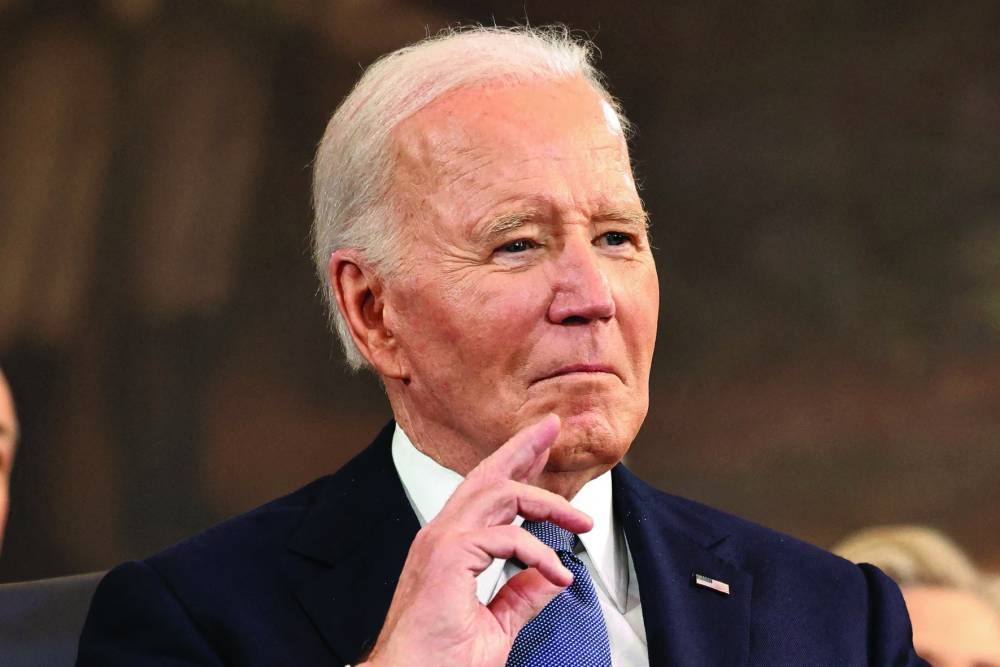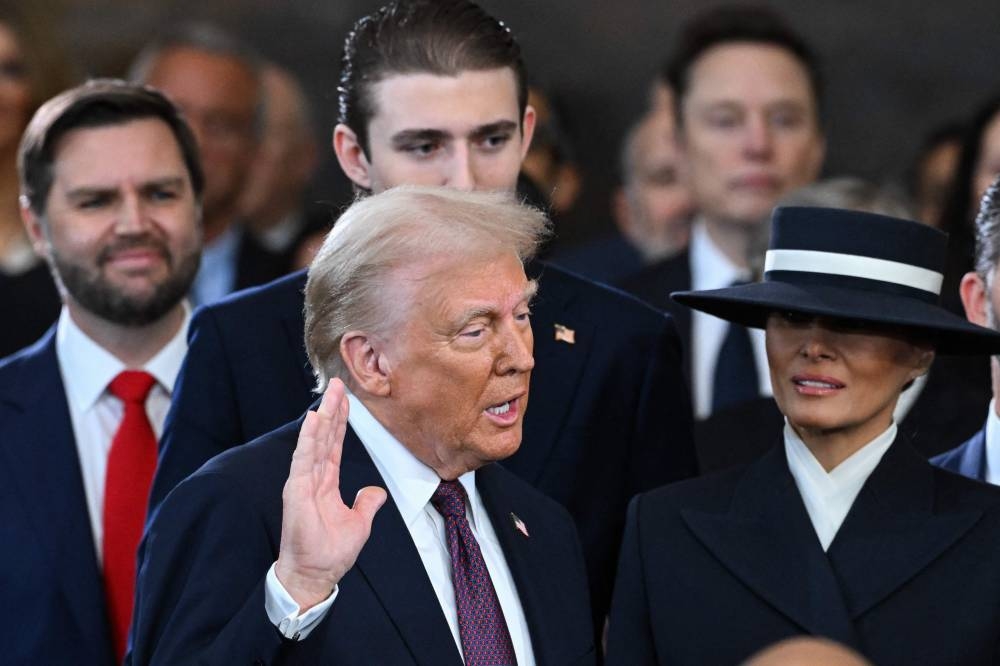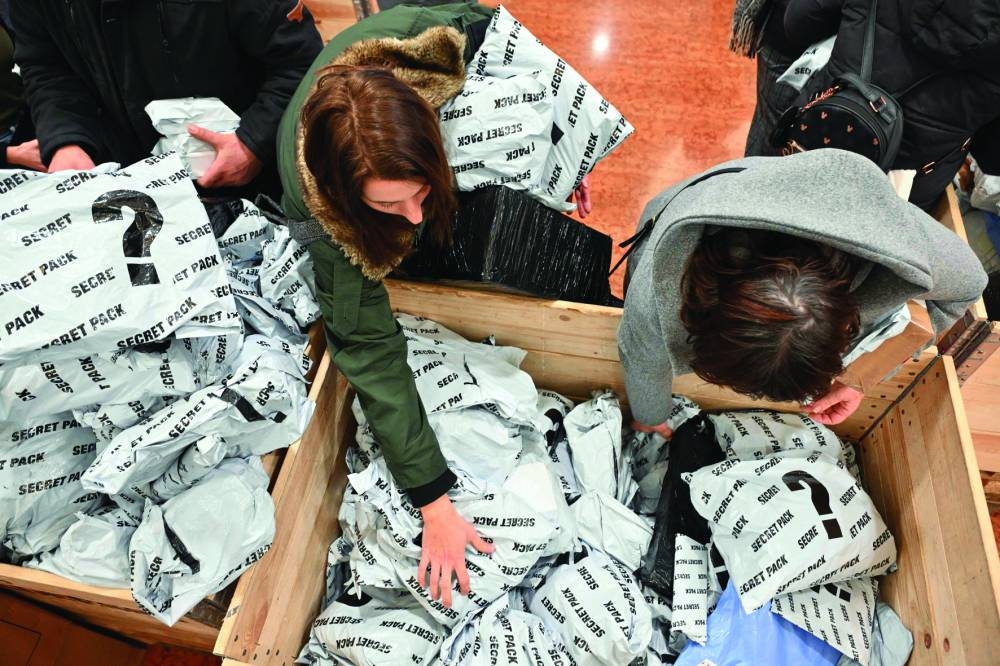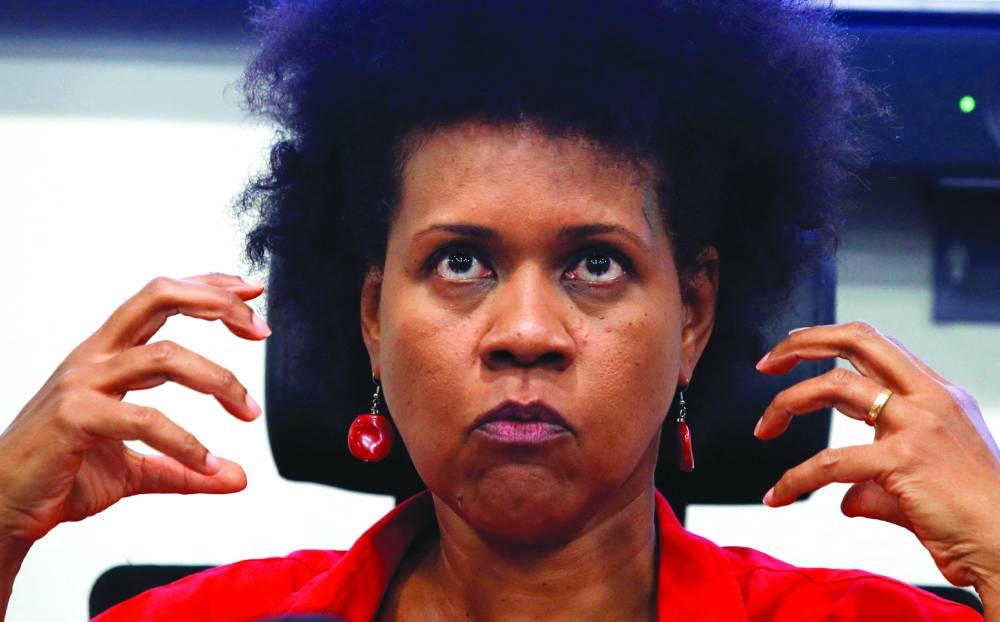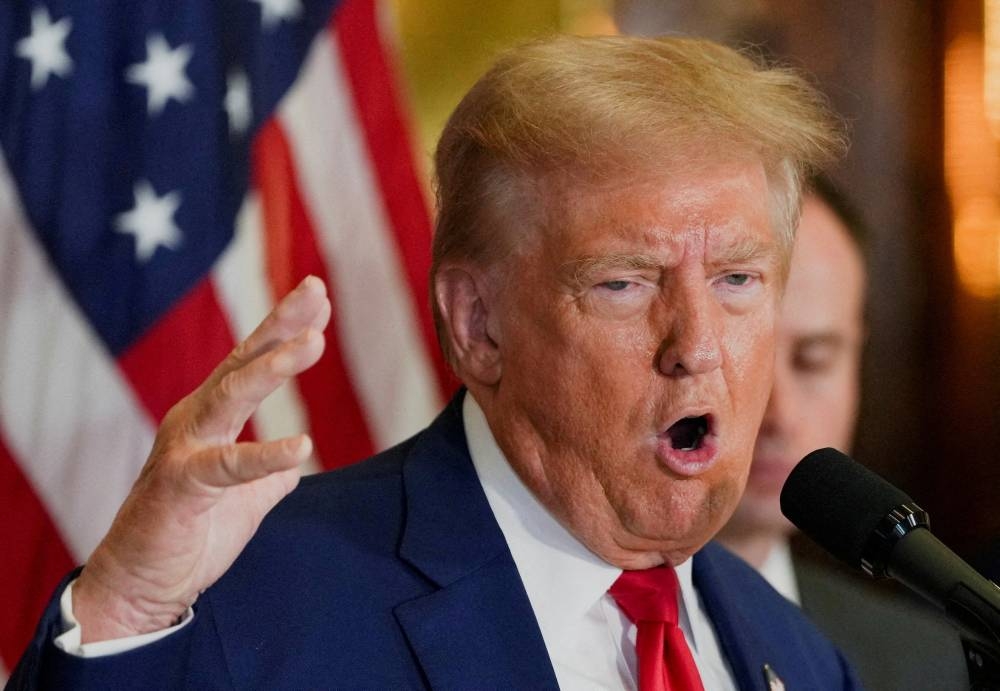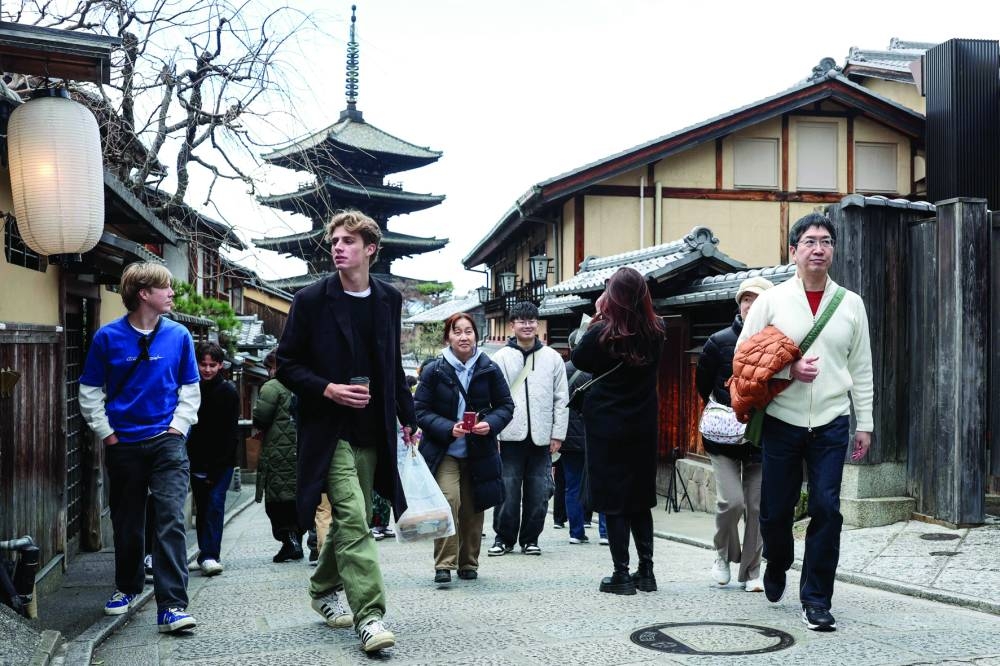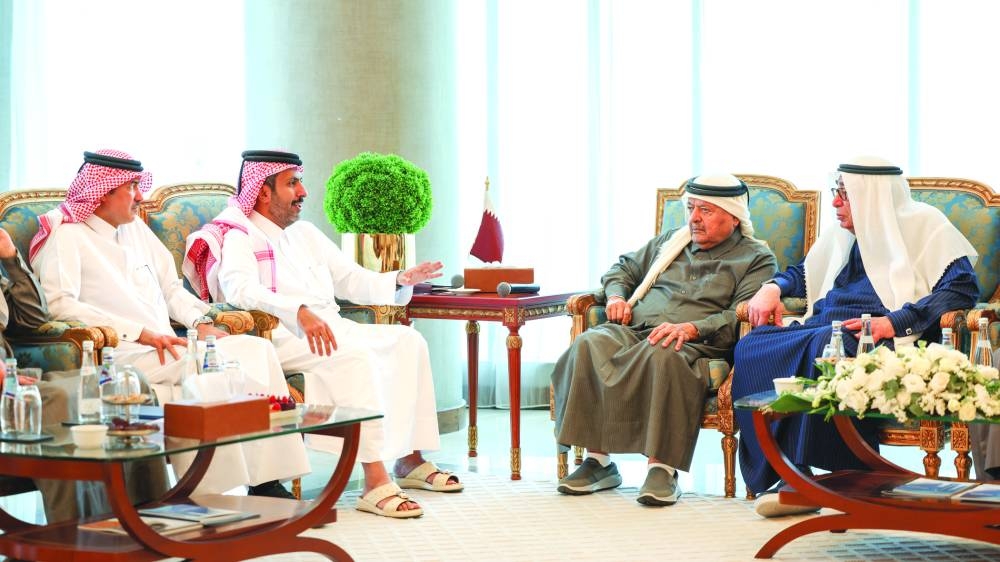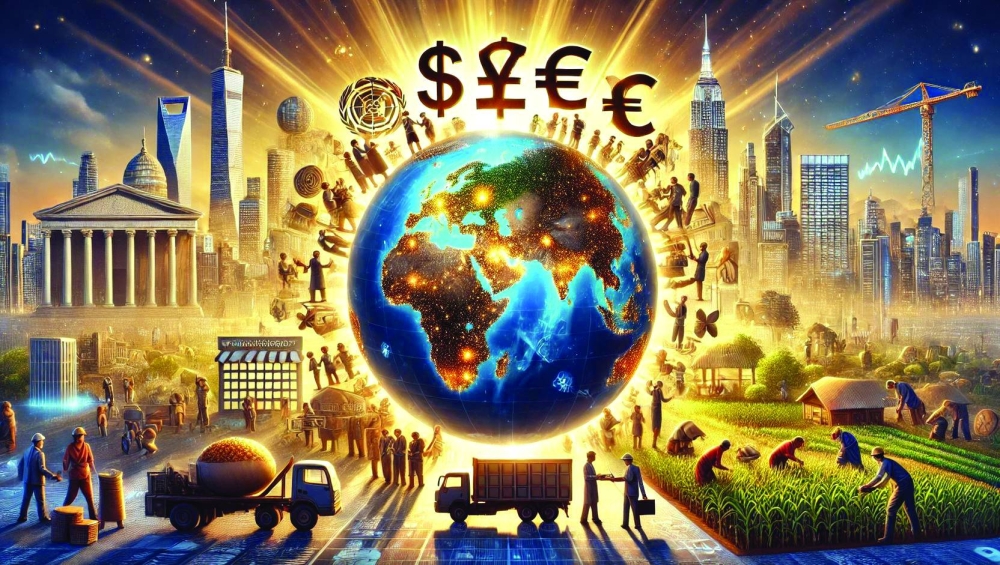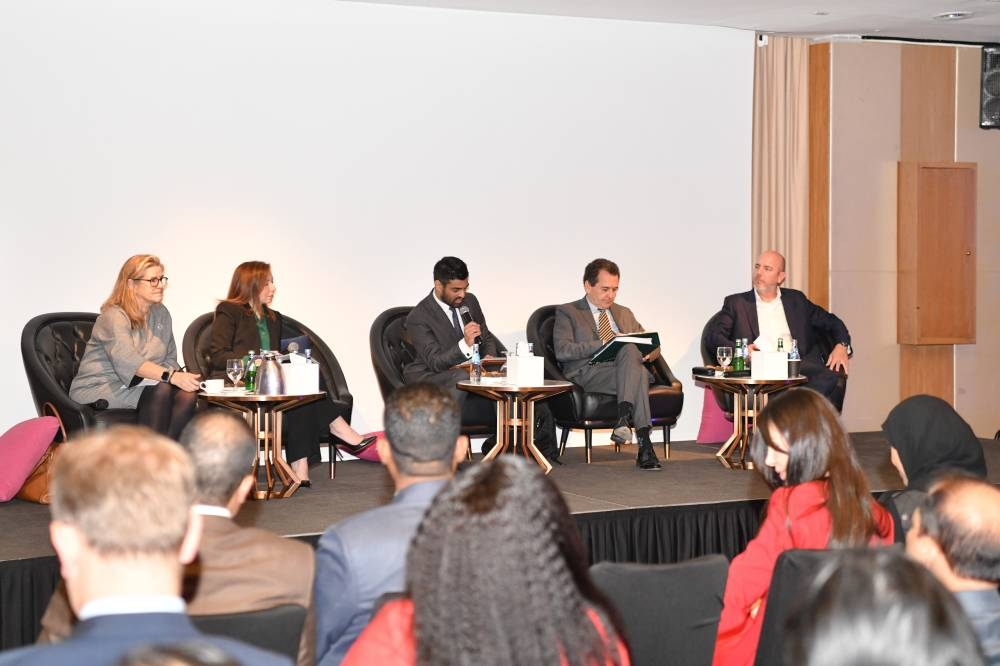US President Joe Biden issued preemptive pardons yesterday to former Covid pandemic adviser Anthony Fauci, retired general Mark Milley and close family members to shield them from “politically motivated prosecutions” under the Trump administration.In an extraordinary move in his last hours in the White House, Biden gave similar pardons to members and staff of the US House committee that investigated the January 6, 2021 attack on the US Capitol by Donald Trump’s supporters.Biden also commuted to home confinement the life sentence of Native American activist Leonard Peltier, 80, who has been imprisoned for nearly 50 years for the 1975 murders of two FBI agents.“I believe in the rule of law, and I am optimistic that the strength of our legal institutions will ultimately prevail over politics,” Biden said in a statement announcing the pardons of Fauci, Milley and the members of the January 6 committee.“But these are exceptional circumstances, and I cannot in good conscience do nothing,” he said.“These public servants have served our nation with honour and distinction and do not deserve to be the targets of unjustified and politically motivated prosecutions.”Trump has repeatedly promised “retribution” against his political opponents and threatened some with criminal prosecution.Fauci, who led the country’s fight against the Covid pandemic during Trump’s first term, has become a hated figure for many on the right, including Trump ally Elon Musk, who has called for the scientist to be prosecuted.Trump was enraged after Milley, the former chairman of the Joint Chiefs of Staff, told journalist Bob Woodward that the Republican was “fascist to the core” and a “dangerous person”. Milley also revealed he had secretly called his Chinese counterpart after the Capitol attack to reassure Beijing that the United States remained “stable” and had no intention to attack China.Trump subsequently wrote on his Truth Social network that “in times gone by, the punishment would have been DEATH!” for Milley. Milley thanked Biden for his executive action.“I do not wish to spend whatever remaining time the Lord grants me fighting those who unjustly might seek retribution for perceived slights,” he said in a statement.Fauci also thanked Biden for the pardon, according to US media reports, but stressed “I have committed no crime.”Just minutes before Trump was sworn in as president, Biden announced he was issuing pardons to his brother James Biden, James’s wife Sara Jones Biden, his sister Valerie Biden Owens, Valerie’s husband John Owens, and his brother Francis Biden.“My family has been subjected to unrelenting attacks and threats, motivated solely by a desire to hurt me — the worst kind of partisan politics,” Biden said. “Unfortunately, I have no reason to believe these attacks will end.”The members of the January 6 committee receiving pardons include former Republican congresswoman Liz Cheney, the daughter of former vice president Dick Cheney and a fierce Trump critic.In his statement, Biden said “baseless and politically motivated investigations wreak havoc on the lives, safety, and financial security of targeted individuals and their families”.The Democrat added that the pardons “should not be mistaken as an acknowledgment that any individual engaged in any wrongdoing, nor should acceptance be misconstrued as an admission of guilt for any offence”.Trump has regularly complained of being the victim of “lawfare” under the Biden administration after being criminally prosecuted for offences, including trying to subvert the 2020 election.Yesterday’s moves were the latest in a slew of pardons and clemencies Biden has granted in his final days in office, including commuting the sentences of nearly 2,500 people in one day — and the controversial pardon of his son Hunter.Trump has described jailed supporters who took part in the January 6 attack on the Capitol as “patriots” and “political prisoners” and said he plans to issue pardons for some of them.Former president Richard Nixon received a preemptive pardon from his successor, Gerald Ford, after resigning in disgrace in 1974 because of the Watergate scandal.
Thursday, February 12, 2026
|
Daily Newspaper published by GPPC Doha, Qatar.

